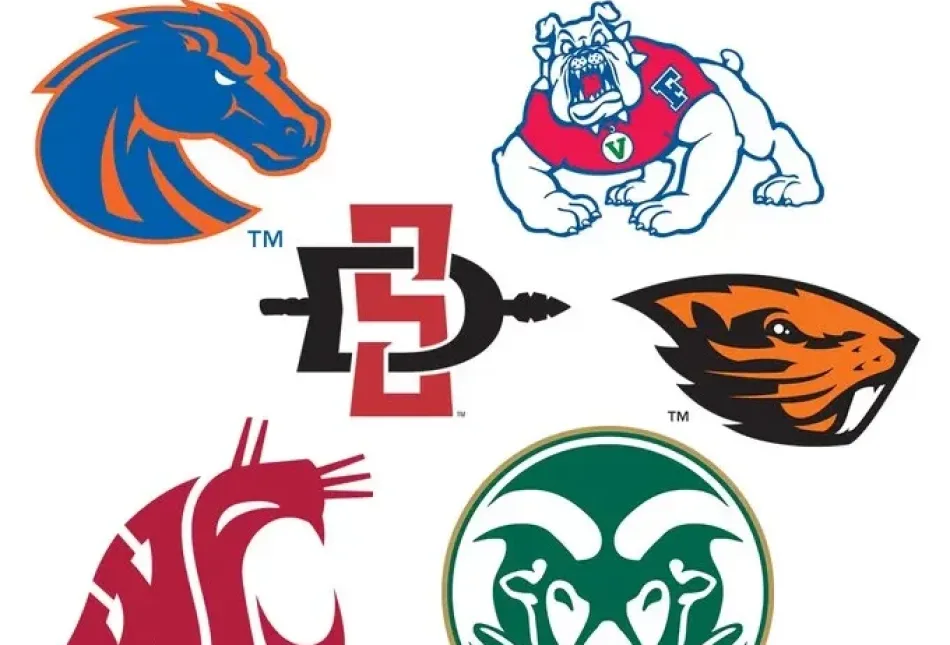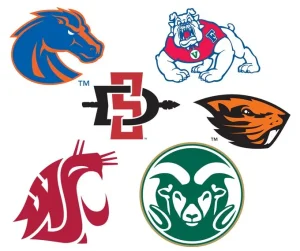When economics and sports meet (Mountain West style)

For fans of the University of New Mexico Lobos this has been a tough week. Not due any losses on the field or court, but due to the loss of four teams (Boise State, San Diego State, Colorado State and Fresno State) from the Conference which puts UNM and other Mountain West Schools in a bind as they need to find a few schools to fill the void. More importantly, UNM missed out on being asked to join the “big time” of college sports while other schools they used to compete with are moving up to the historically prestigious PAC 12.
So, how is this connected with economic policies and the issues RGF works on in New Mexico? Let’s face it, college football drives all of college sports. College football is the financial driver of athletic departments. Therefore, all of this is being driven by a combination of money and football performance (including attendance and the like). UNM hasn’t been very good at football for several years. Albuquerque (and New Mexico as a whole) also doesn’t have the corporate community (and money) that is available in Boise, San Diego, or Colorado).
Fresno is a lot like Albuquerque economically although more agriculture based, but they have a stronger team that has a proven track record of developing NFL talent and of high football attendance. Was UNM every part of the conversation? How about UNLV from fast-growing, economically-dynamic Las Vegas (but with a football team that struggles on the field and with attendance)? It is hard to say.
One thing is for sure. If New Mexico (either the Aggies or the Lobos) wish to compete in football it will help to have a more robust and diversified state economy. With a booming oil and gas industry generating massive oil and gas surpluses perhaps those Lobos and Aggies in the Legislature (not to mention MLG who is a Lobo) perhaps “big time” college sports would be enough to convince them to embrace the need for fundamental tax reform, overall tax reduction, and economic diversification?

